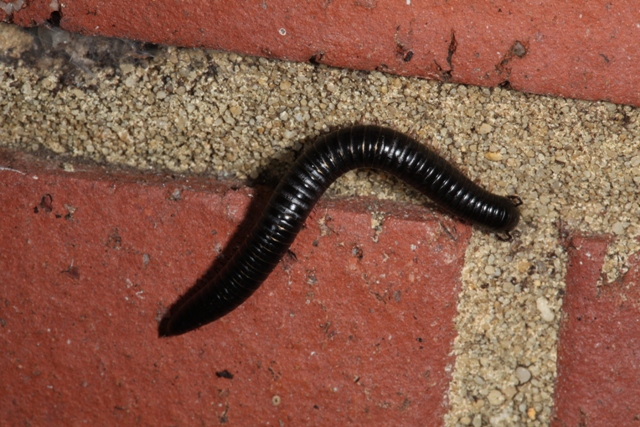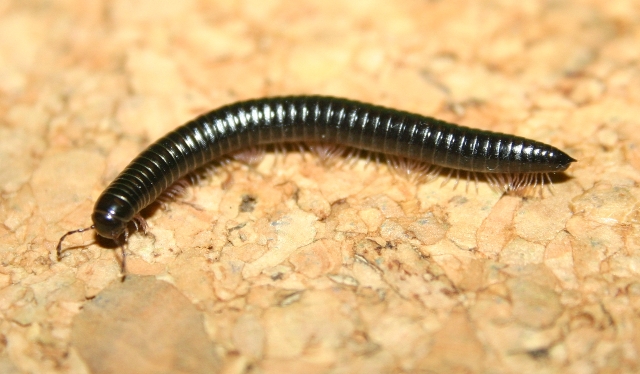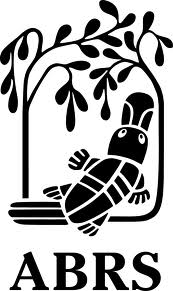Key to Australian Freshwater and Terrestrial Invertebrates
Phylum Arthropoda
Subphylum Myriapoda
Class Diplopoda
Order Julida
Common names: julids
Overview
Distribution and diversity
Life cycle
Feeding
Ecology
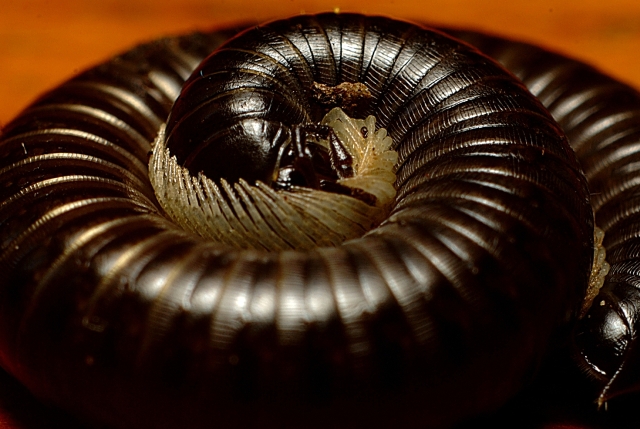
Millipedes can curl up, protecting their soft underside, as a defence mechanism
Image credit: tpgprice
used under a Creative Commons Attribution-NonCommercial license
Image credit: tpgprice
used under a Creative Commons Attribution-NonCommercial license
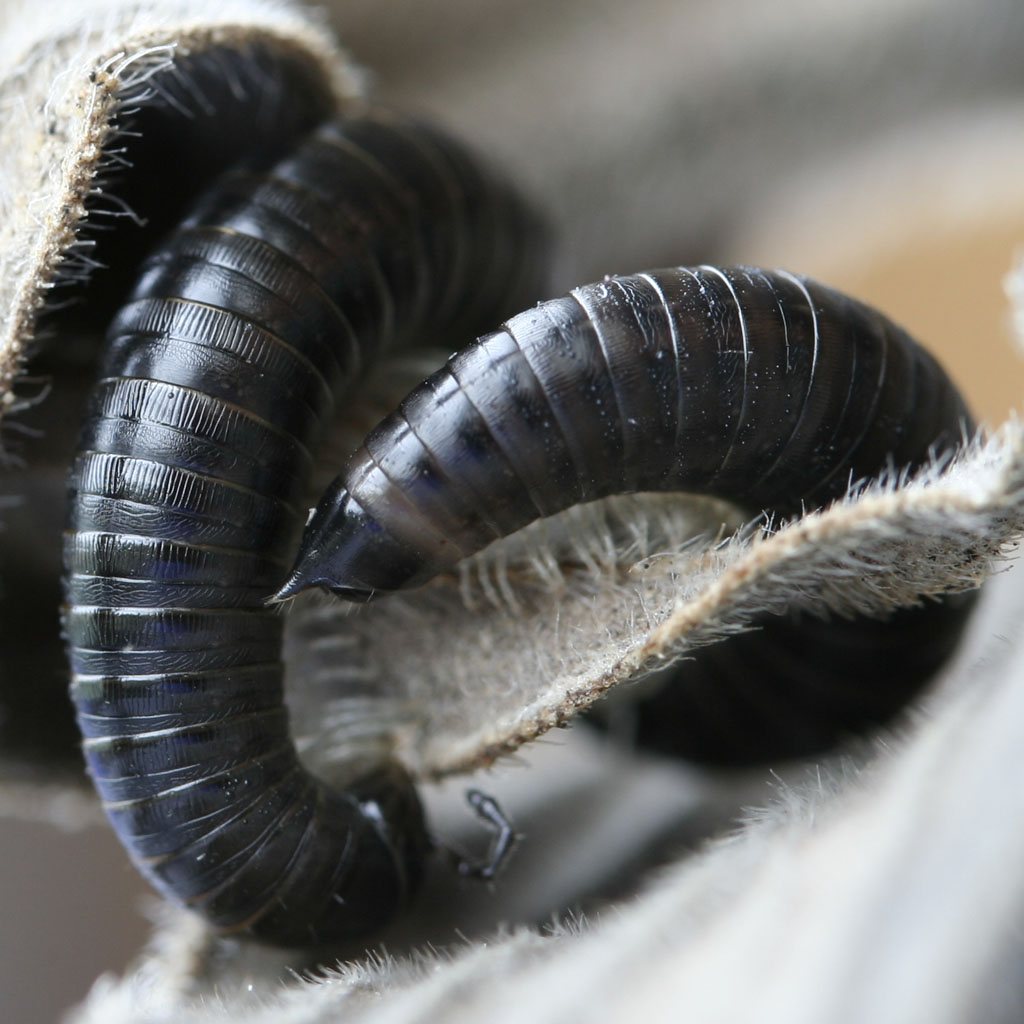
Portuguese millipede, an invasive species in Australia
Image credit: Nuytsia@Tas
used under a Creative Commons Attribution-NonCommercial license
Image credit: Nuytsia@Tas
used under a Creative Commons Attribution-NonCommercial license
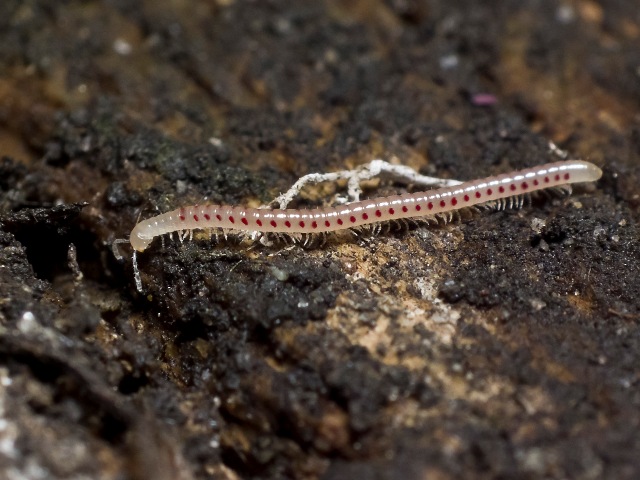
Blaniulus guttulatus, the 'spotted snake millipede', an invasive species in Australia
Image credit: Tony Daley
used under a Creative Commons Attribution-NonCommercial-ShareAlike license
Image credit: Tony Daley
used under a Creative Commons Attribution-NonCommercial-ShareAlike license
References and further information
Atlas of Living Australia: Julida
Encyclopedia of Life: Julida
Tree of Life: Julida
